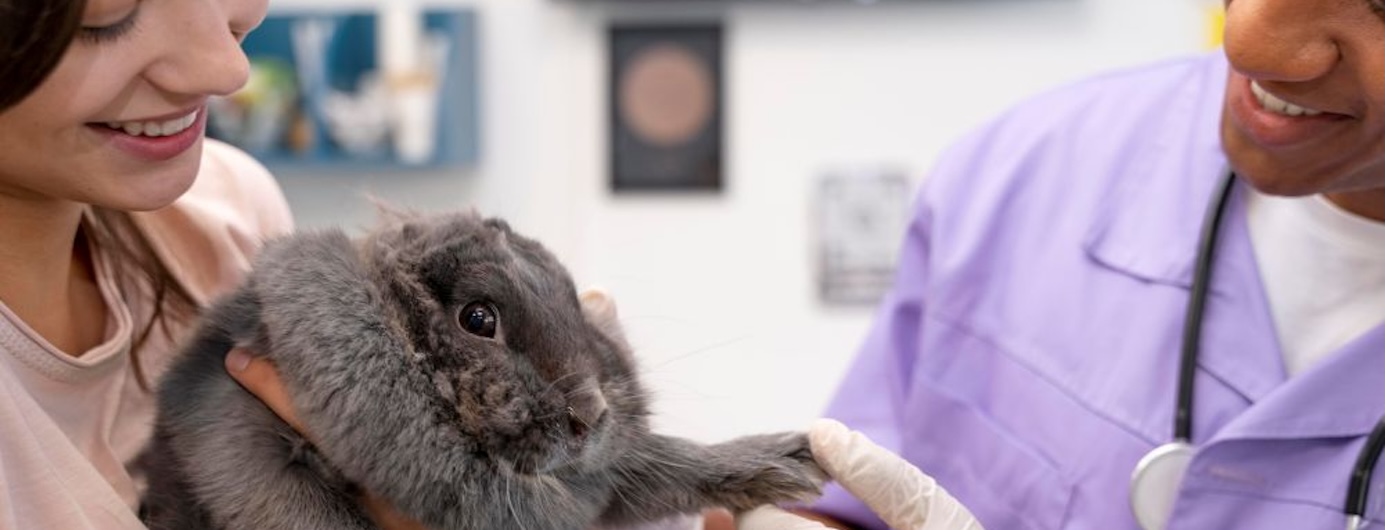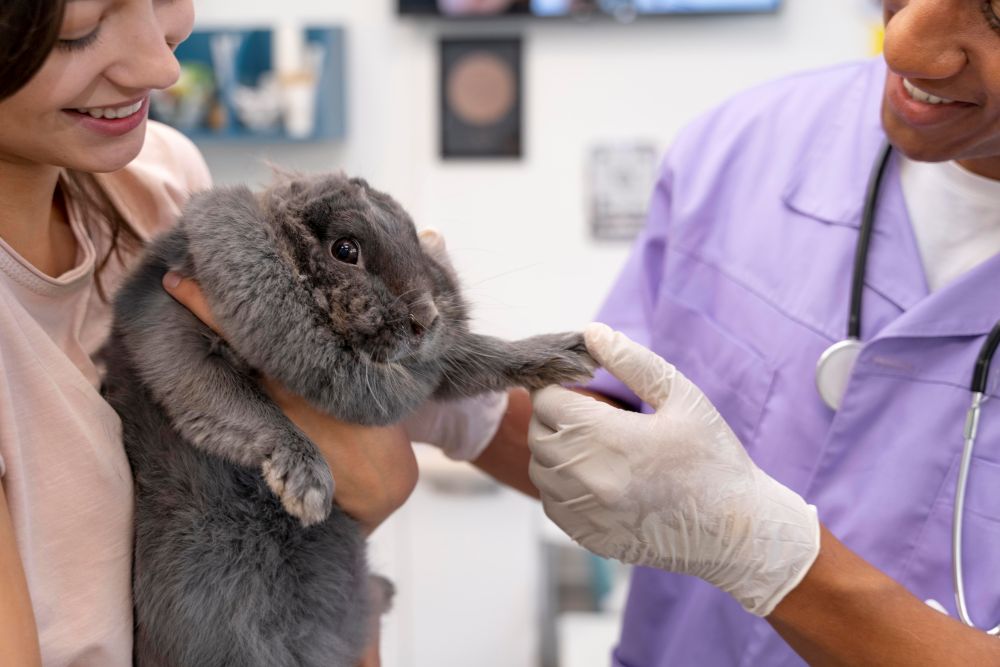

Pet care is expanding beyond cats and dogs, with more and more enthusiasts welcoming fascinating exotic pets into their homes. From the vibrant plumage of parrots to the intricate scales of reptiles and the delicate nature of small mammals, these unique companions bring immense joy.
However, their distinct biological needs and behaviors present challenges beyond conventional pet care. If you own a hamster, reptile, parrot, or fish, you need to understand the importance of exotic pet care.

Exotic pets—whether birds, reptiles, or small mammals—are incredibly diverse, and each species comes with its own set of care requirements. From parrots and rabbits to hedgehogs and hamsters, these animals often need highly specific diets, temperature-controlled environments, and customized enrichment.
While some may seem low maintenance, these animals are not the easiest pets to care for. Their needs differ significantly from traditional pets like cats or dogs, making general pet care knowledge insufficient. Proper care for exotic animals also demands a strong understanding of species-specific behavior, biology, and health risks.
This is where specialized veterinary care becomes essential. Exotic pets benefit most from veterinarians who have experience and training in handling their unique health concerns, ensuring accurate diagnosis, effective treatment, and long-term wellness support.
Due to their specialized needs, exotic pets need a comprehensive approach to veterinary care, encompassing both preventative and reactive measures:
Regular health checks are vital, especially since annual wellness exams allow an exotic vet specialist to assess their overall health, conduct necessary screenings, and provide guidance on species-specific nutrition and dietary plans.
With preventative care, exotic animals can gain access to parasite prevention and control, alongside detailed husbandry evaluations to ensure their habitat setup and environmental enrichment meet their unique requirements.
When health issues occur, an exotic pet must get an accurate diagnosis. Additionally, they should have access to various diagnostic assessments, including blood tests and other laboratory work to evaluate internal health.
Radiology with X-rays and ultrasounds also allows for the visualization of internal structures. Meanwhile, endoscopy and other imaging techniques can provide further insights for complex cases.
If an exotic pet becomes ill or injured, appropriate veterinary care is necessary. This includes addressing common illnesses and injuries, administering medications through various routes (oral, topical, injectable), and providing proper wound care and bandaging to aid recovery.
Whether you’re caring for a rabbit or a guinea pig, your exotic pet may experience a condition that will require surgical intervention. This can include elective procedures like spaying and neutering for certain species, as well as the removal of tumors and other soft tissue surgeries. Also, orthopedic procedures may be necessary to address musculoskeletal issues.
Timely access to veterinary care during emergencies is also critical for exotic pets. Common emergencies can involve the sudden onset of lethargy, difficulty breathing, significant trauma, or suspected ingestion of toxic substances. Remember, having access to a vet clinic equipped to handle these situations can greatly impact the outcome.
When it comes to the health of your exotic pet, it’s important to choose the right veterinary care provider. Unlike common household animals, exotic pets like reptiles, amphibians, and parrots have unique physiological and husbandry needs that require a vet with specialized knowledge and experience.
General pet care practices often fall short when dealing with exotic species, as their anatomy, common ailments, and treatment protocols can differ significantly. So, it is crucial to seek out a vet who has specific training and a proven track record in treating exotic animals.
When selecting a clinic, inquire about the vet’s qualifications, the extent of their experience with various exotic pets, and the types of specialized services they offer. For instance, Beecroft Bird & Exotics Veterinary Clinic provides dedicated veterinary care with a team experienced in addressing the diverse health needs of exotic pets.
Providing the right veterinary care for your exotic pet is necessary for their health and longevity. After all, their unique biological and environmental needs demand a level of expertise that goes beyond standard pet care. Also, to prevent health issues, you need to take proactive measures, including regular wellness exams and a thorough understanding of species-specific requirements.
Don’t compromise on the well-being of your extraordinary companion. Schedule a consultation with the experienced team at Beecroft Bird & Exotics Veterinary Clinic today to ensure your exotic pet receives the specialized and comprehensive care they deserve. You can also contact us if you have questions about the cost of a vet visit or if you want to get details on how to take care of your pet bird, reptile, hamster, or fish.
